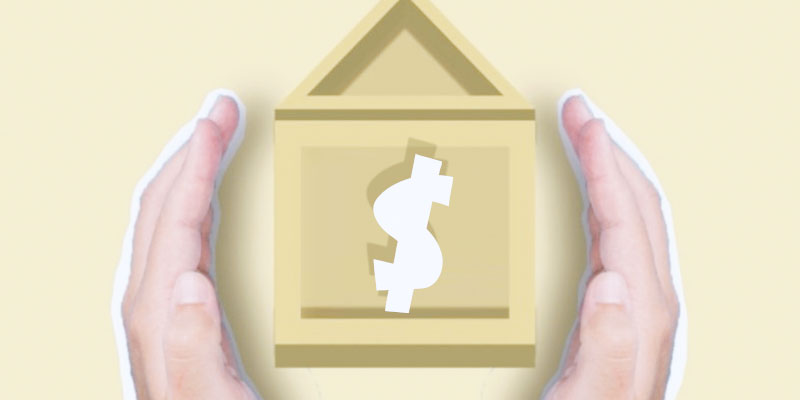You may be ready to buy a home but you’re finding that your budget is stretched to its limit with all of the closing costs adding up on top of the down payment you’re required to make. Some lenders offer a cash back mortgage that could be the solution you’ve been seeking.
You’re most likely to be able to get a cash back mortgage through a bank or credit union. The selected lender will advance you a lump sum of money when your mortgage closes. This can be used to cover closing costs, help furnish or renovate your new place, or however you choose. The only exception directing how the cash back money is to be used is that your down payment must come from your own resources.
Cash back amounts vary from lender to lender, but a predetermined percentage of the property’s value becomes eligible as a rebate at closing. This means that the larger your mortgage amount, the more money you can receive via a cash back mortgage. The most common amount is 5% of the mortgage, but some lenders may provide anywhere between 1% and 7%.
What are the extra costs?
Although cash back mortgage options are often convenient for many homebuyers, particularly first-time homebuyers, there are some important things to keep in mind that will cost you more money throughout your mortgage – and especially if you choose to break your mortgage early.
Most important, you should expect to pay a higher interest rate on your mortgage with a cash back program – paying as much as the lender’s posted rate vs discounted rate, although some lenders will just boost the rate 1-2% higher than the discounted rate. Regardless of how it’s calculated, however, a higher rate will result in a significantly larger amount of interest payments over the term of your mortgage. It’s this added interest that’s paying for the cash back you received at closing. Lenders will always be sure to make their money back and then some. They only lend money in such a way that will turn a solid profit.
If you have a cash back mortgage and choose to break it early for any reason, you’ll face a claw back on some or all of your cash back advance. So, in this instance, not only will you have to pay back the cash back money you received at closing, plus early payout penalties associated with exiting your mortgage term before it has matured, but you’ll also have paid higher interest rates throughout the term of your mortgage up until you broke the contract.
This can prove quite costly, so be sure before you select a cash back option that you’re going to stick with it throughout the term.
Have questions about whether a cash back mortgage is right for you? Answers are a call or email away!
